Five Things You Need Before You Start PPC
Let’s be realistic. Google will be happy to take your money. So will Bing, Facebook, YouTube, LinkedIn, iAd — whether you get anything in return that makes good business sense for you or not. Of course, it’s much better for Google and the rest if your business thrives and you give them even more money. Which of these actually happens is up to you.
So before you start sending them money in exchange for clicks on your ads, make sure you have a few things prepared. You’ll have a much better chance of using PPC to grow your business — not just theirs.
Here are five things you need — besides the business and the products or services you want to advertise and sell, of course, and whatever means of fulfillment suits your operation.
You will need:
- A web site — not just a domain and an HTML page, but a web site which delivers value to the potential customers or clients who will click on your ads. It doesn’t have to be large or fancy, but you’ll be wasting your ad money if it doesn’t look professional, if it’s hard to navigate, if it fails to build trust, or if it frustrates the expectations your ads create. All of this, including what constitutes a professional-looking web site, is a more detailed topic for another day, but — to a degree — you know it when you see it. So will your customers. (Strictly speaking, there’s one small thing you can do without even having a web site, as long as you have a street address. But that’s a separate discussion.)
- A clear sense of your goals in advertising — because if you don’t know what you’re trying to achieve, you’ll drive your friendly neighborhood PPC guru up the wall. We PPC types use different strategies and metrics, depending on whether you’re interested in e-commerce, lead generation, or branding. If you don’t know your goals, you won’t know which strategies suit them or which metrics reveal the effectiveness of your advertising, or know when it pays to spend more, and when you’re wasting money. (You can pursue multiple goals at the same time with PPC, if the account is designed with that in mind.)
- Some money for advertising — which usually doesn’t have to be a lot. For a small business with a small set of products or services, depending on your market and goals, several hundred dollars may be enough to get you started on a shoestring. You’ll also need to budget at least that much per month, to actually pay for clicks. And you should probably plan to pay an expert at least a few hours per month to keep things running well and make sure you’re not wasting money or opportunities. Bear it mind, it usually takes time to figure out which ads and keywords work well for you, before you see much of a return. Depending on traffic and competition, this could be two weeks or two months.
- A determination to measure results — because one of the great virtues of digital marketing is that in many cases you can measure PPC results far more precisely than you can measure the results of a billboard or television ad. If you’re willing and able to measure the value of a lead or a sale, or the lifetime value of a customer, you can know where to spend how much PPC ad money, and when it makes sense to spend as much as you can, because your ROI is reliably positive.
- Realistic expectations — Don’t expect to be able to pay for just ten clicks, cash in on two of them, and be profitable right away. The initial phase after building or rebuilding a PPC account is primarily a data-gathering period. The faster you gather clicks and conversions, the sooner you’ll have usable data as to what works and what doesn’t — specifically, what might convert at a profitable rate and cost. During this phase you’re paying for clicks you will eventually learn you don’t want or need — but that’s the price of learning in the first place. An expert can usually make this data gathering faster and less expensive than an amateur can . . . but this might be a good time to review an earlier item, “Some money for advertising.”
Perhaps all five of these seem self-evident, but they aren’t always. One big hurdle is that some advertisers are stuck in what I call “billboard thinking.” I have nothing against billboards; they just work differently These advertisers have heard and believe that PPC is important, and they allocate a certain amount of funds to it each month. But they’re not accustomed or expecting to able to measure results the way we can with PPC, so they don’t. And they’re not expecting to tweak behavior and performance the way we can with PPC, so they don’t. Missing out on what we can do with metrics in digital marketing, they use their PPC advertising funds inefficiently. Worse, perhaps, they miss opportunities for profitable growth.
PPC can help most businesses grow, if advertisers approach it intelligently and manage it carefully.
View Comments
What Is PPC?
The short answer is, PPC is for Pay-per-Click. It’s part of search engine...
